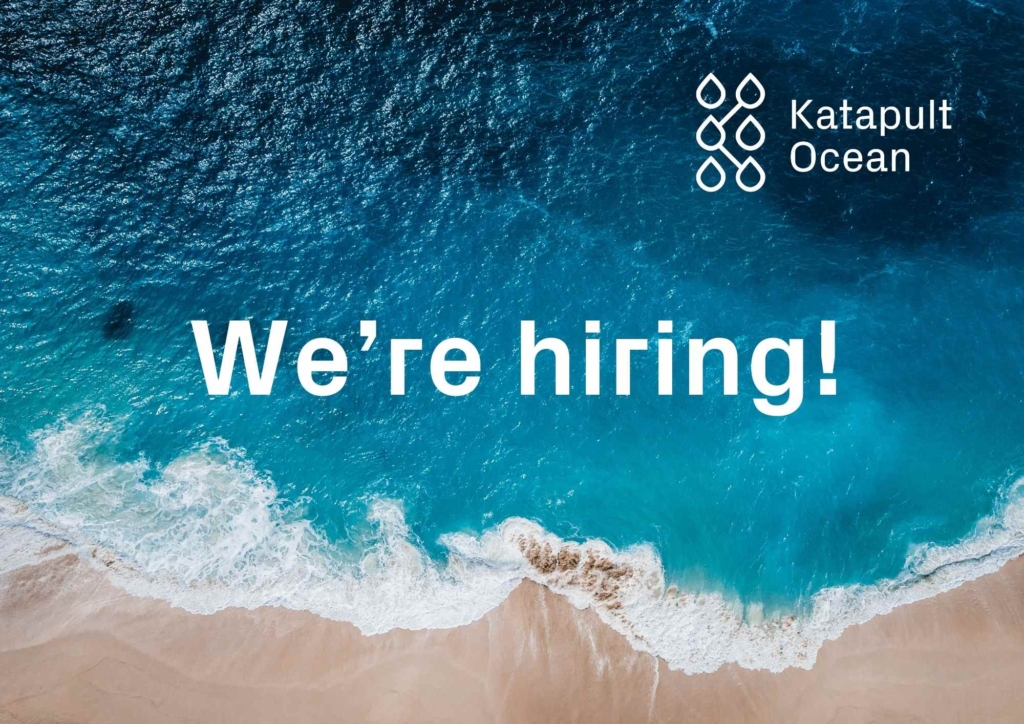Katapult Ocean is hiring!

Are you passionate about Ocean, Innovation and The new Blue Economy? We’re looking for new colleagues to join Katapult Ocean in Cape Town and Oslo.
The Ocean covers 71% of the earth’s surface, yet it’s the least invested in of the Sustainable Development Goals.
– But the market is moving. Since 2019, when we made our first investments in early-stage ocean companies, we have seen an accelerating development as more startups and investors are entering the market. We believe that Ocean impact investments are a pivotal tool to achieve the goal of a sustainable planet, while we recognize we’re just one part of a broader solution. Realizing the Sustainable Development Goals requires collective effort. Through our core strengths of investing in and accelerating startups, we contribute to this collective endeavor. We’re looking for new colleagues to join us in this mission. We’re looking for more investment opportunities in Africa, and hence we’d like to have new colleagues in Cape Town. We’re also expanding our Oslo team with a passionate Marketing and communications person. If you think this sounds interesting, please apply! Read more and apply here
Join us on our mission!
Curious about our team? Meet the team